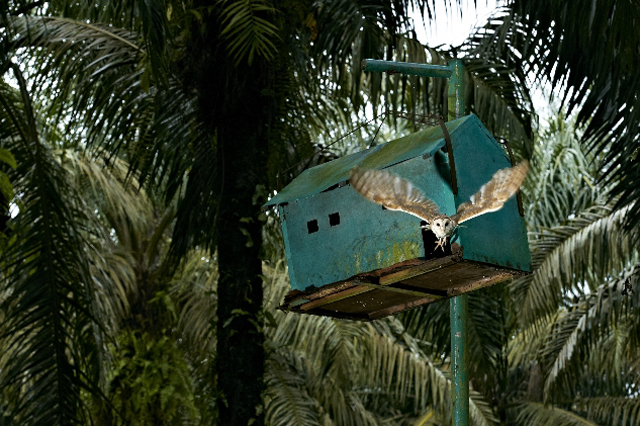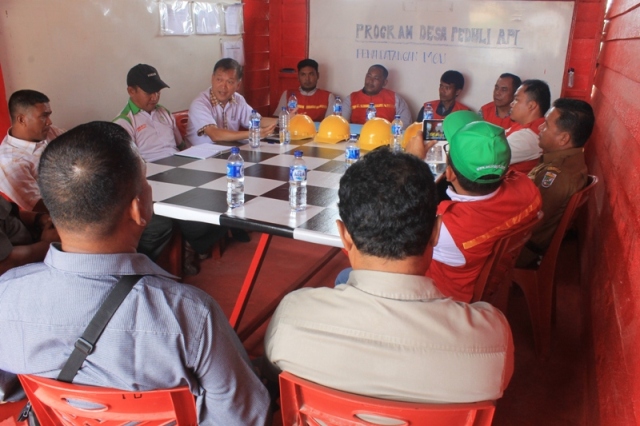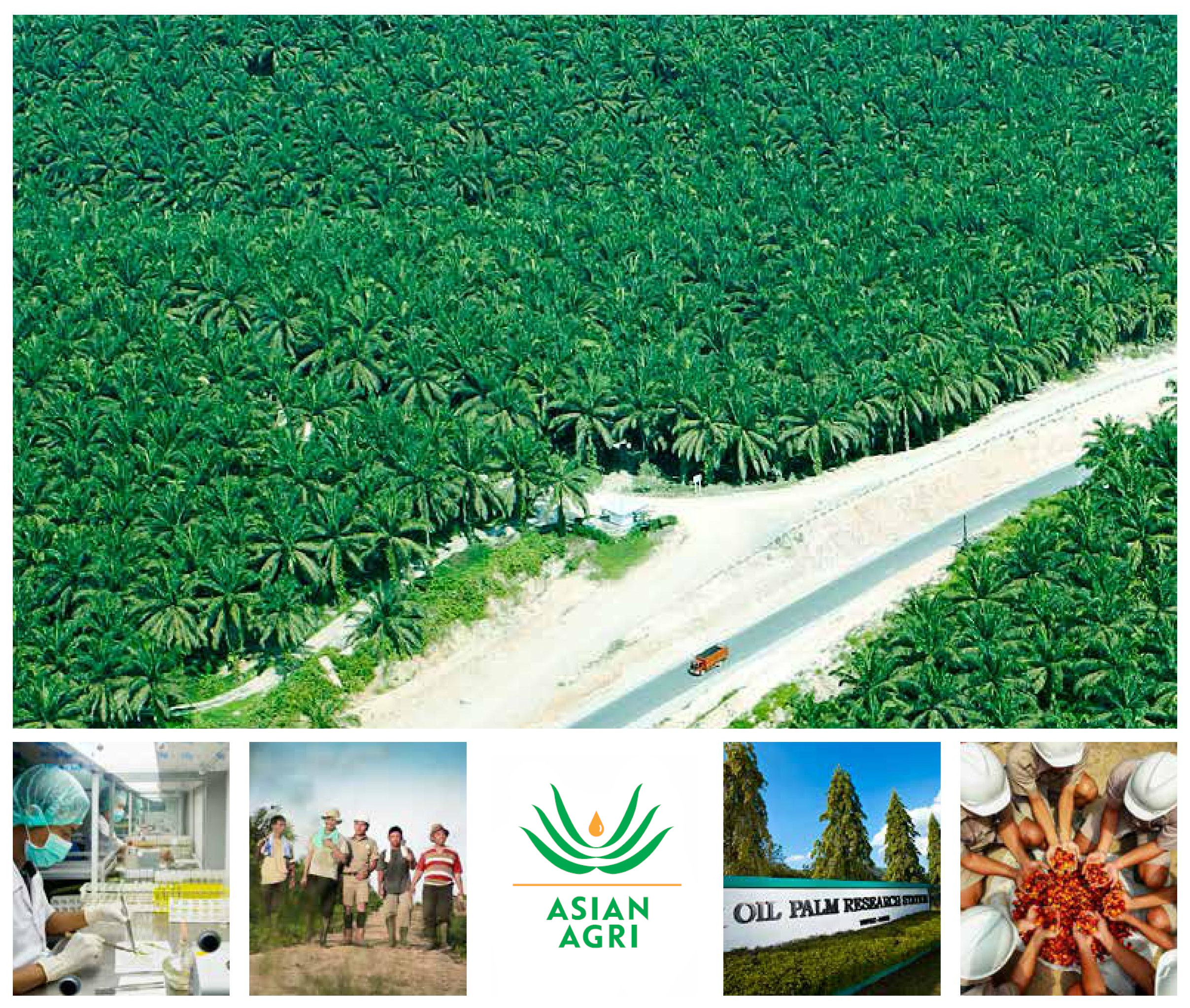
Asian Agri always strives to reduce the use of chemical substances. In our efforts to minimize the use of pesticides, Asian Agri has implemented Integrated Pest Management (IPM) within our operations, such as utilizing natural predators, host plants for predators and traps in order to control oil palm pests.
Asian Agri has an ongoing and well-documented IPM plan guided by our Agronomy Policy Manual (APM). The broad guiding principles of IPM are to use biological and ecological perspectives as a basis for the integration and correct use of appropriate physical, biological, culture land chemical control methods to control pests. A key feature of the pest control programs is the use of pest surveillance. Asian Agri has a comprehensive array of tools for implementing and monitoring IPM on its plantations. Regular monitoring of pest population dynamics and the concept of maximum population thresholds are used as a management tool to decide when it is necessary to warrant intervention measures to prevent economic losses.
The major pest species at our plantations include rhinoceros beetles (Oryctes rhinoceros), leaf-eating caterpillars, woolly caterpillars and bagworms, bunch moths, termites (on peat soil) and rodent pests.
The adult Oryctes rhinoceros beetles attack the shoots of oil palms and young palms, leading to serious damage and often the death of the palms. The control measures include the destruction of breeding sites, the use of pheromones to trap adults, and the use of target-specific fortnightly spraying of the shoots and axils of young palms.
Under the Group’s Standard Operating Procedures, efforts are made to protect and maintain the population of beneficial insects, for instance the natural enemies of pests. When there are outbreaks, planting and propagation of beneficial nectar-bearing plants (e.g., Turnera sp. and Cassia cobanensis), which our research has shown tend to attract beneficial insects, is undertaken.
The Asian Agri Group has been increasing its efforts to reduce the use of chemical pesticides in order to become more environmentally sustainable. Increasingly, we are adopting the use of trapping using light and appropriate food baits to attract adult moths.
The Group has also introduced the use of barn owls for the biological control of rats in our oil palm estates. The use of chemical pesticides is permitted only during emergency cases, such as when there are major pest outbreaks.
The consistent implementation of IPM is expected to reduce the use of pesticides in estate operations.



